As we sail further into the digital age, the wave of AI adaptation has started to transform not only how we live but how we work and lead. Technological advancements have always had a ripple effect on the workforce and leadership paradigms; however, the integration of AI is more akin to a sea change, reshaping the contours of corporate dynamics at an unprecedented pace and scale.
Gone are the days when leadership was solely defined by human intuition, experience, and decision-making prowess. The integration of AI into organizational processes and operations has introduced a new paradigm, one where leaders are required to navigate the intricacies of machine learning algorithms, big data, and automation. This fundamental shift demands a reassessment of traditional leadership models and a redefinition of the skills and qualities necessary to thrive in an AI-driven world.
Read more: The Creative Technologist: Balancing Creativity and Technology for a Marketing Renaissance
Moreover, the workforce itself is experiencing a seismic transformation. As AI technologies become more sophisticated and capable, there is an inevitable shift in job roles and responsibilities. Routine and repetitive tasks that were once performed by humans are increasingly being automated, leading to concerns about job displacement and the need for upskilling and reskilling.
AI: A Transformative Tool or a Leadership Challenge?
AI’s transformative potential lies in its capacity to automate tasks, make sense of vast data sets, and improve decision-making efficiency. This is causing a paradigm shift from traditional leadership roles towards ones that necessitate a higher understanding and leveraging of technology.
For instance, Tesla’s AI-driven production processes necessitate leaders who can harness AI’s capabilities to streamline operations, while also accounting for its limitations. Elon Musk’s role as a tech-savvy leader, overseeing AI development to achieve self-driving capabilities, illustrates this shift.
Nonetheless, this integration of AI into the corporate structure presents leaders with a challenge – maintaining the balance between technology and human resources. It is essential to remember that AI is a tool that amplifies human potential; it is not a replacement for human creativity, empathy, and strategic vision. Hence, leaders need to foster an organizational culture that values AI’s utility while nurturing its human capital.
AI Adaptation and Workforce Dynamics
The integration of AI into business operations inevitably impacts the workforce. Routine jobs are the most vulnerable to AI-induced displacement, as seen with automated customer service bots replacing call center jobs. However, this narrative often overshadows the tremendous potential for job creation and transformation.
Read more: A Deep Dive Into Why Influencers Had A Hotel Booking Spree During The Eid Vacation With GoZayaan!
Let’s look at IBM’s Project Debater as an example. This AI system, capable of debating humans, led to the creation of new roles such as AI trainers, who helped the system understand nuances of language and arguments. The AI did not replace humans; instead, it created opportunities for them to work in synergy with it.
According to a research report, PwC claimed that AI will create more jobs than it destroys. These roles will likely require ‘fusion skills’, a combination of technological proficiency, creativity, and complex problem-solving abilities. This underscores the need for proactive upskilling and reskilling initiatives within organizations to prepare the workforce for a changing job market.
Navigating the AI-Induced Shift: A New Leadership Approach
Leadership in the era of AI necessitates a shift from authoritative to participatory styles. With AI taking over routine tasks, leaders can focus on fostering a culture of creativity, collaboration, and continuous learning. Google’s leadership principles, emphasizing empowerment and open communication, offer a perfect example of this approach.
AI will also transform decision-making processes. With AI algorithms providing data-driven insights, leaders will have to master the art of integrating this quantitative analysis with their intuition and experience.
Read more: Harmonizing Creativity and Data-Driven Strategies in a Cookieless Digital Future
Simultaneously, ethical leadership will gain prominence as AI integration presents new ethical dilemmas such as data privacy and algorithmic bias. Therefore, leaders will need to advocate for ethical AI use and ensure fairness, transparency, and accountability in AI systems.
The Dawn of a New Leadership and Workforce Era
The wave of AI adaptation signifies not an end, but a transformation. It presents an opportunity for leaders to shape a new era of work that harmonizes AI capabilities with human potential. This transformation may not be without challenges, but it promises a future where AI and humans work in tandem to create unprecedented value and innovation.
Leaders must navigate these changing currents with strategic foresight, adaptability, and a steadfast commitment to ethical principles. They will not just lead their organizations but will play an instrumental role in shaping the future of work in an AI-integrated world.
For more updates, be with Markedium.















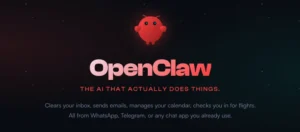











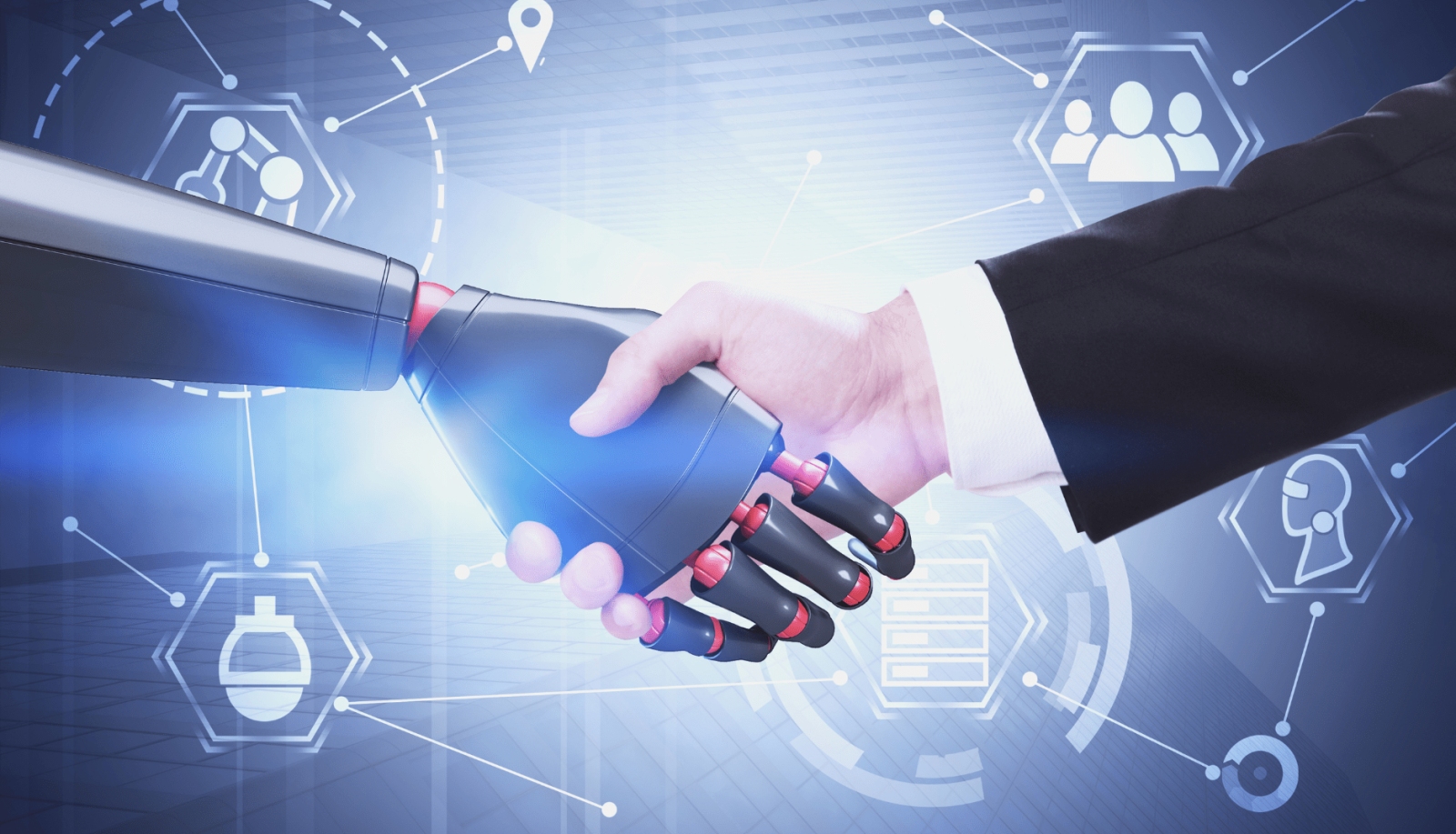


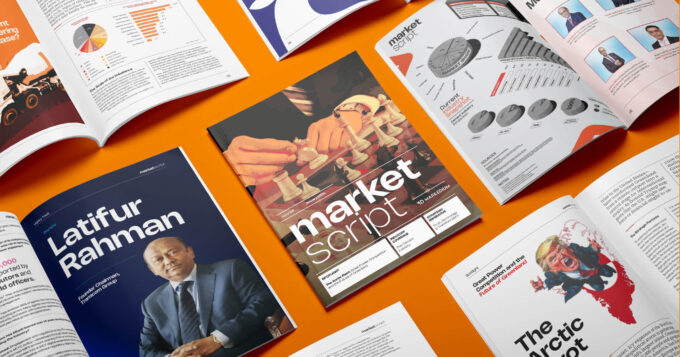

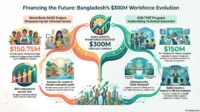
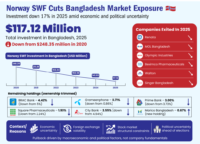
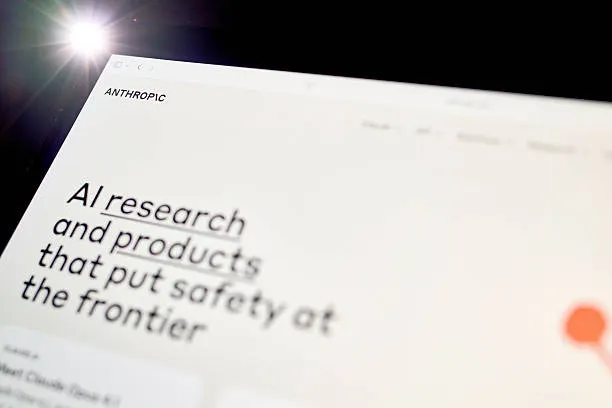

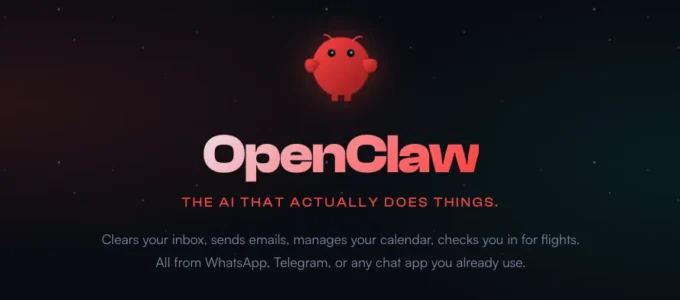

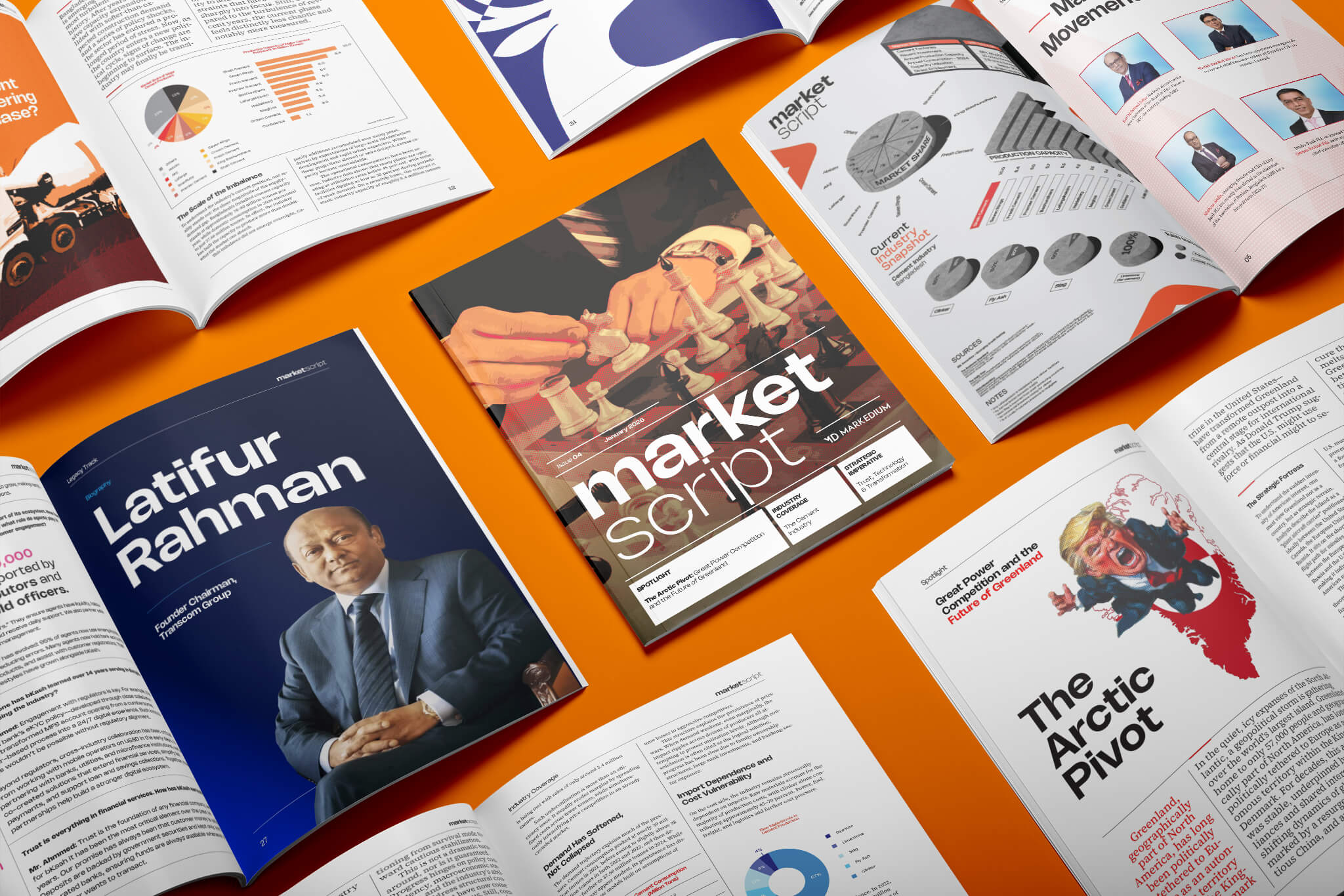



Leave a comment